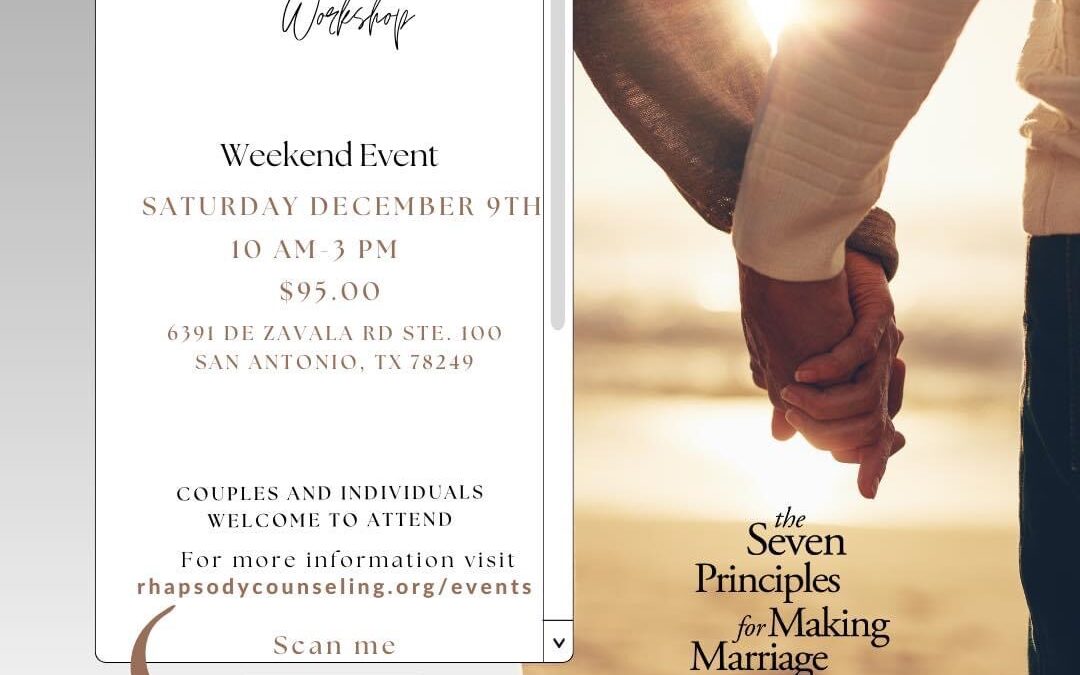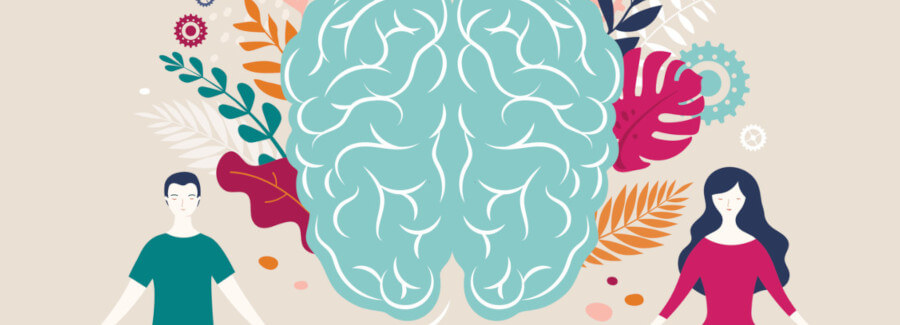The Warning Signs of Relationship Anxiety
Though not a formal diagnosis, relationship anxiety, describes a person’s feelings of anxiety towards romantic partners, family members, or general friends. While it’s normal to have some measure of anxiety in relationships, it becomes problematic when it disrupts growth in the relationship, and or impacts other areas of your life becoming a breeding ground for anxious feelings and thoughts.
Excessive worry and concern about relationships we are involved in can make anyone feel isolated, alone, and create distance in the relationship. Exploring the causes and effects of relationship anxiety can be helpful in identifying the negative thoughts and behaviors that can sabotage our lives.
What Causes Relationship Anxiety?
Something referred to as the “critical inner voice” conjures a sort of internalized dialog taking place in our head (thoughts within ourselves) and is what is the root of much of our self-destructive behavior. The critical inner voice can affect every dimension of our lives, including our confidence, self-esteem, all relationships, and our ability to perform well at work or school.
In sum, this “internal enemy” and stream of destructive thoughts feeds us a consistent flow of negative thinking that undermines our happiness and makes us worry about our relationship(s), as opposed to just enjoying them. This critical inner voice undermines our positive feelings about ourselves and others and promotes hostility, suspicious and paranoid thinking that lowers our self-esteem while fostering distrust, defensiveness, jealousy and anxiety.
How Does Relationship Anxiety Affect Me?
Listening to our critical inner critic and giving in to this anxiety can result in the following:
- Cling – the tendency to act desperate and ‘cling’ toward the other person. Any independence and strength we had in entering the relationship is gone and we find ourselves acting jealous, insecure or abandoning our independent activities.
- Control – the effort to control or dominate in a relationship, setting rules simply to alleviate our own insecurities. This often alienates and breeds resentment from the other person in the relationship.
- Reject – as a defensive strategy, the tendency to be cold or rejecting (subtly or overtly) to protect ourselves or get ahead of what we foresee is forthcoming from our partner. The objective here is to force distance or to stir up insecurity in our partner, and sabotage the relationship.
- Withhold – as an alternative to clear rejection, we tend to withhold in relationships, particularly if things have become close, and we feel anxious, so we retreat. Withholding may appear to be a passive act, but it’s more of a silent killer to sabotage a relationship.
- Punish – An aggressive act of venting our personal inner turmoil onto the other person in the relationship. This is seen when we give actual voice expression (screaming, yelling, etc)to our critical inner voice.
Relationship Anxiety, What Can Help?
Relationship anxiety, is often resolved by shifting our focus inward. Through talk therapy, people are able to better see and understand self-sabotaging behavior separate from the relationship. People learn to identify the critical inner voices that exacerbate fear, along with the defense tactics exhibited promoting creation of distance.
Talk therapy offers a vital first step is self-discovery in understanding our feelings driving behavior that ultimately shapes our relationship. Rhapsody Counseling is a safe space where you can make that first step, so reach us if we can be helpful. For a deeper dive on Anxiety, visit our Anxiety page by clicking here.











